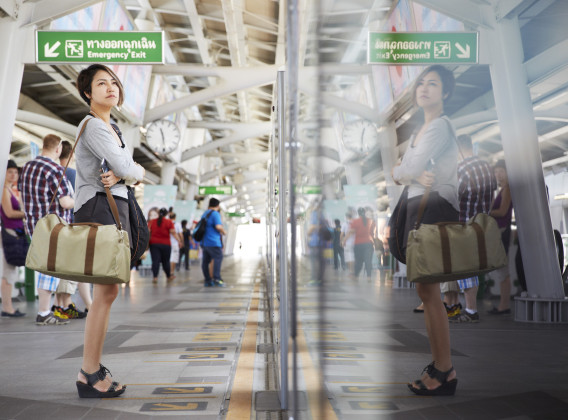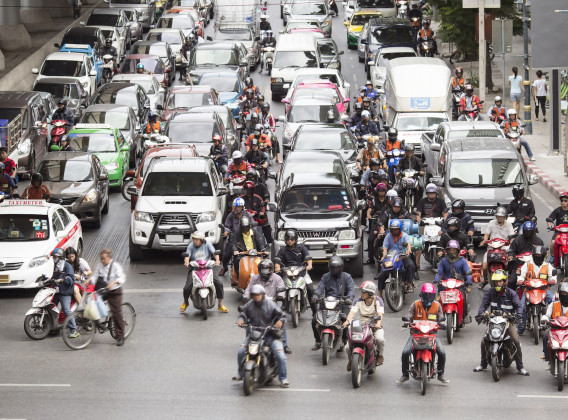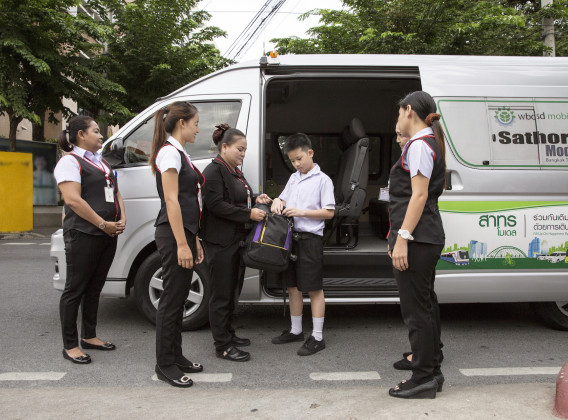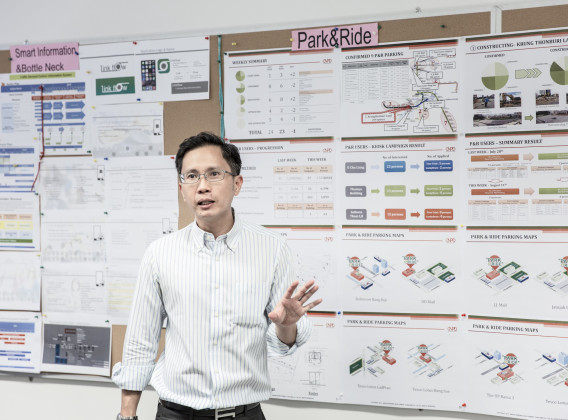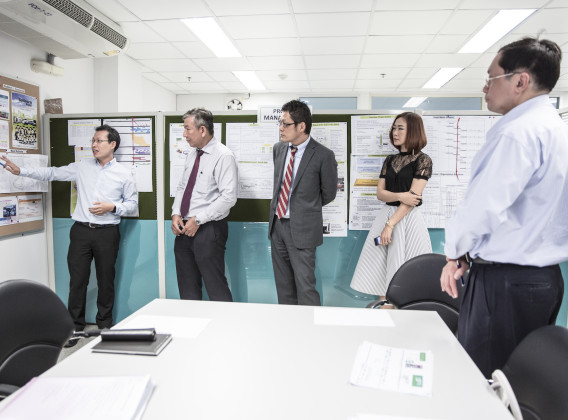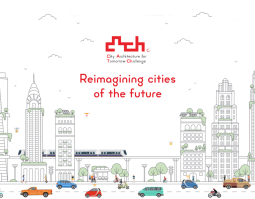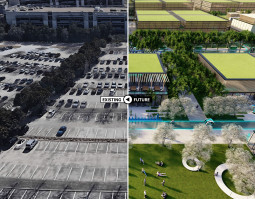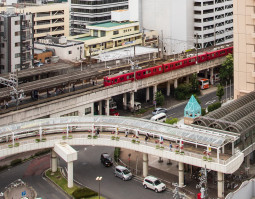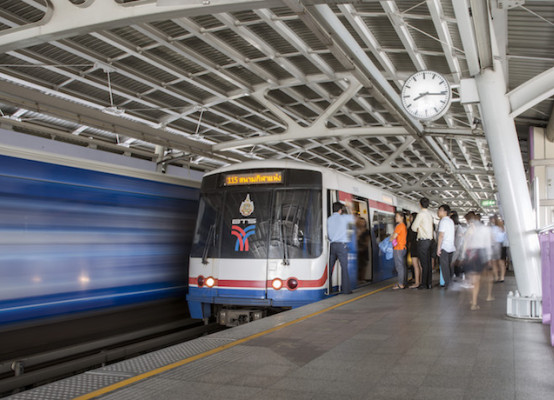
Solving Traffic Congestion in the World’s Megacities
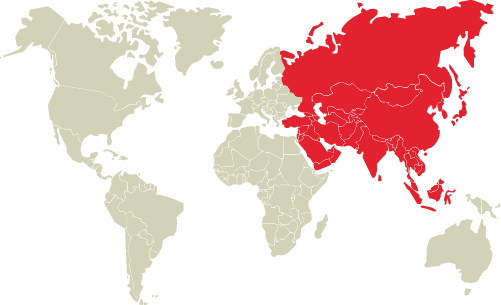
Opportunity
Traffic gridlock is a complaint of city dwellers everywhere, but nowhere is the issue more acute than in the world's megacities where population and business growth are outstripping government’s ability to provide adequate transportation. Can public and private sectors work together to create a mobility system that allows for the effective integration of vehicles with other modes of transport?
Our Approach
Existing roadways in the Sathorn district of Bangkok can no longer adequately serve this highly concentrated area that includes schools, offices, shopping centers and a public transportation hub. In this urban center, traffic frequently comes to a standstill, stranding morning and evening commuters.
To help mitigate the issues in Bangkok and create a scalable strategy for traffic management in similar cities, TMF partnered with Chulalongkorn University, Thailand's top university with expertise in transportation policy and collaborative problem solving. Together, leaders from public and private sectors created future-proof mobility solutions.
View the final report here.
TPS & Traffic Management
Learn how the Toyota Production System was used to enhance traffic management.
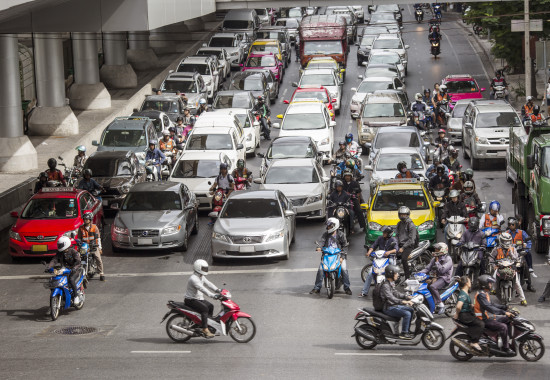
-
Our Timeframe
- April 2015
- March 2017
Our Goals
- Optimize traffic signals with digital support tools adopted by the local police
- Improve traffic flow during peak hours by testing flexible work hours, dedicated bus lanes, reversible lane direction, and no parking zones
- Establish a connected shuttle bus and park and ride system to promote the use of public transportation
- Build a mobile application to determine best routes and shortest commute times
- Employ a simulation model to identify traffic disruptions, suggest interventions, and measure effectiveness
Our Partners
-
 Chulalongkorn University
Chulalongkorn University -
 Thai National Government
Thai National Government -
 Bangkok City Government
Bangkok City Government -
 Sathorn Model
Sathorn Model

